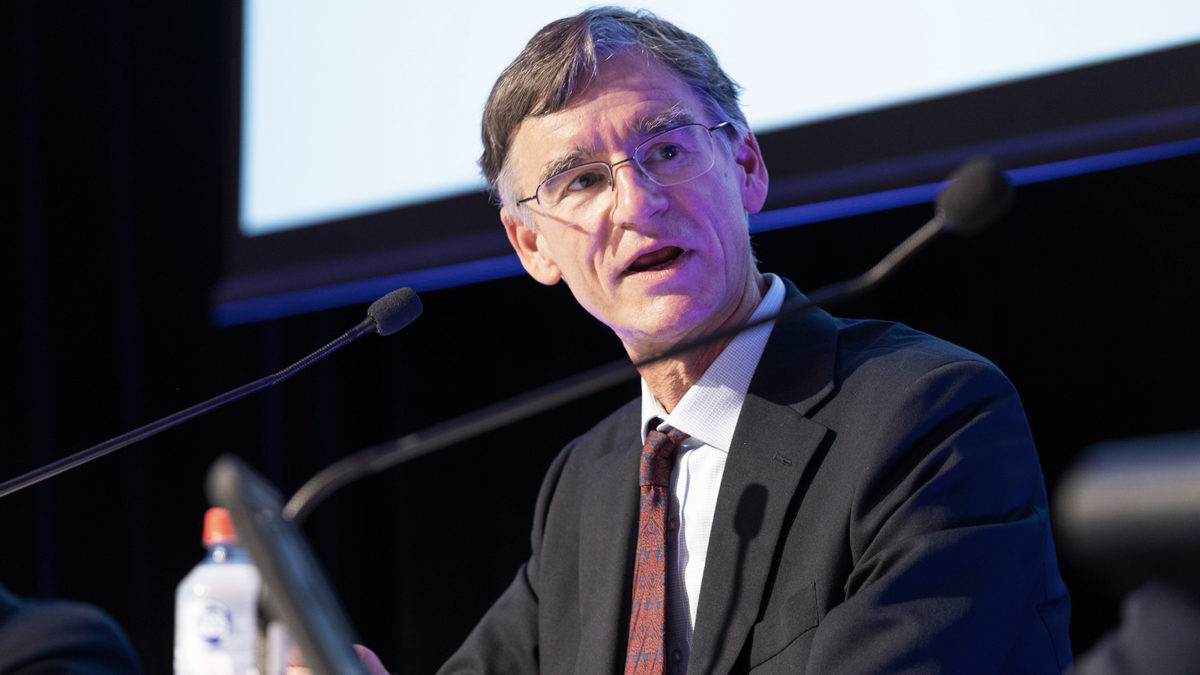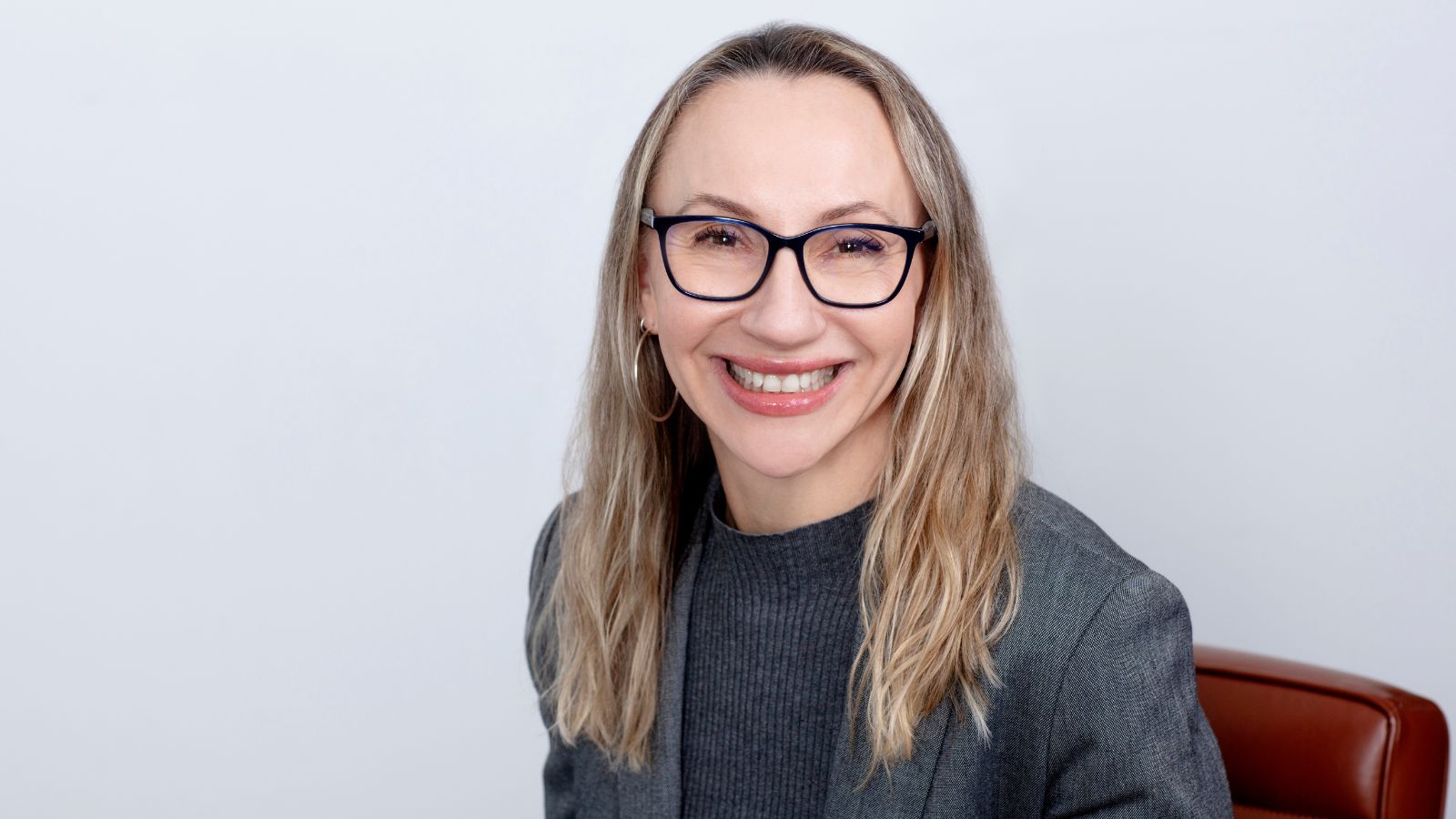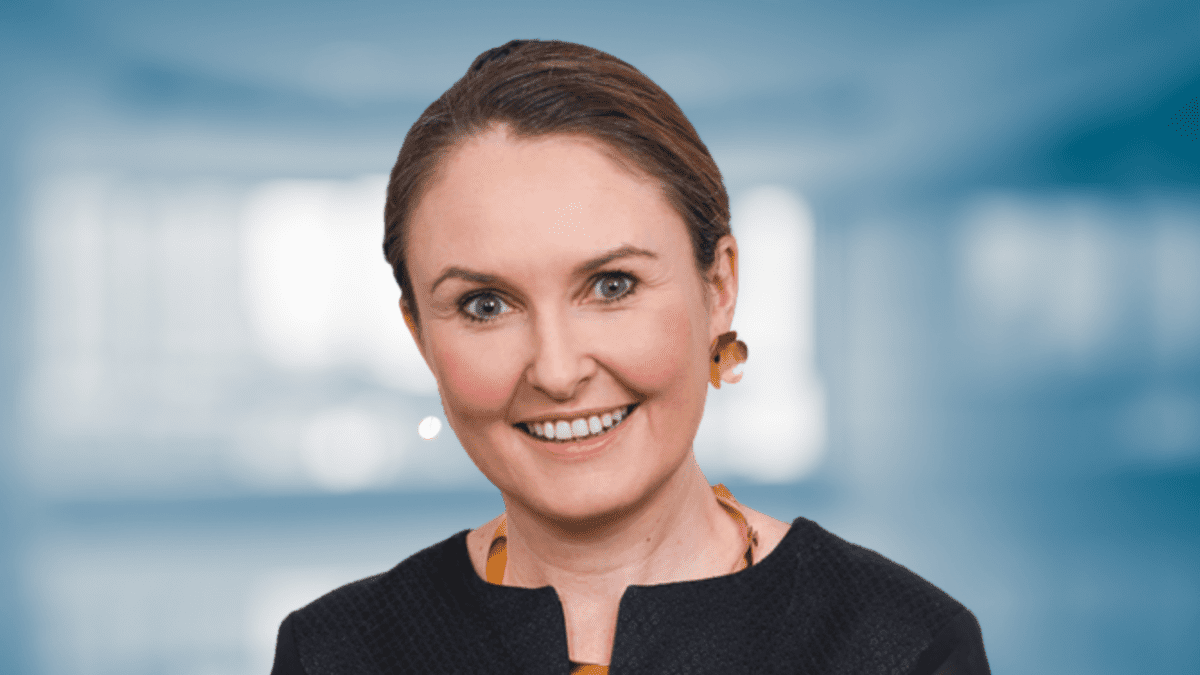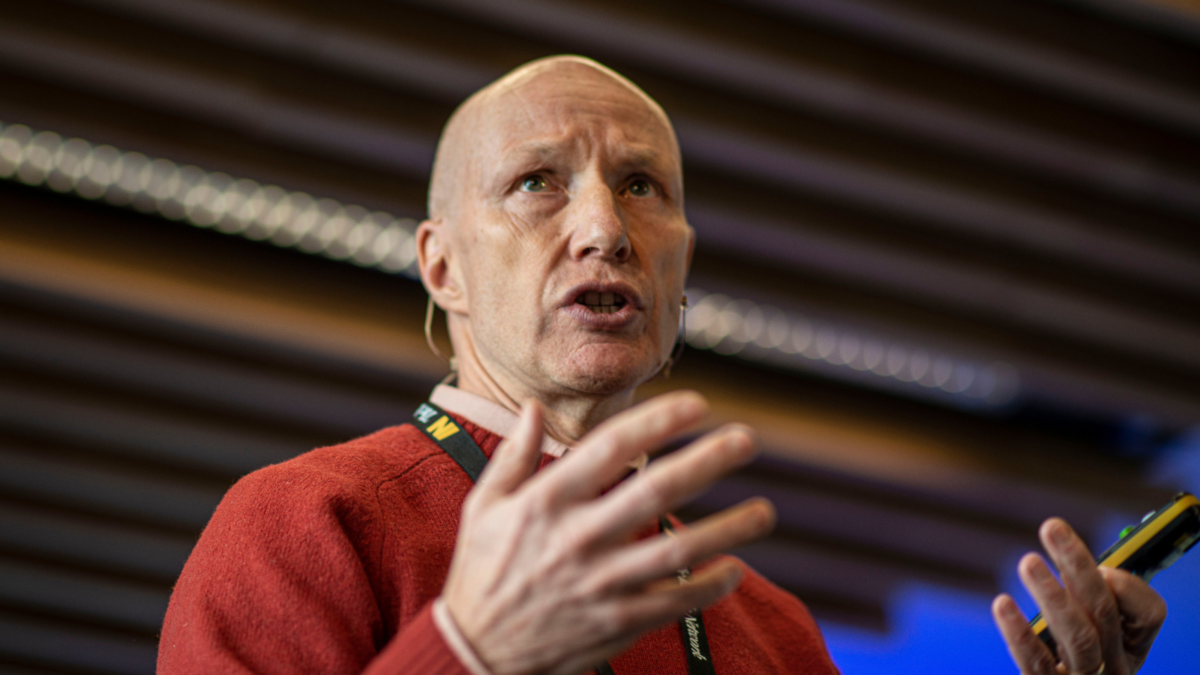Brown spinning, net zero and equality
While the weight of global retail investment flows has swung behind climate-related themes in the past two years, that is not the case in all countries. Take a large developing nation such as South Africa for example.
Ninety One, the listed global fund manager with a range of asset strategies and a long pedigree in ESG investing, still has about 20 per cent of its funds in its native South Africa. The mindset of those domestic investors is different from that of its majority “foreign” investors, according to Nazmeera Moola, the firm’s head of South African investments.
She told a plenary session at last week’s PRI Digital Conference (October 18-21) that the focus of investors generally had shifted to ESG and how the investments can have an impact.
From a South African perspective, both climate and social drivers were evident, she said. “But South African investors are mostly concerned with social and equality issues, while our foreign investors are very much about climate… There’s an opportunity to create both climate and social good.”
There were four main things that needed funding in emerging markets, she said:
- New infrastructure of all sorts
- An expanded electricity grid connection
- Workers losing their jobs in the transition to net zero, and
- How the early retirement of coal-fired should be incentivised.
“These last two are the biggest challenges,” she said. About 90 per cent of South Africa’s power generation is coal-fired and an estimated 100,000 workers would lose their jobs in the transition to clean energy. That would cost, initially at least, at least $1 billion to compensate.
Apart from its domestic investments, Ninety One has another 35 per cent of its funds under management invested in other emerging markets, many of which have similar challenges to those in South Africa.
Paul Stephenson, a member of a climate action group fighting the development of the Baralaba coal mine in Queensland, asked the panel whether developing and on-selling fossil fuel projects was an acceptable response to the climate crisis.
He said: “A PRI signatory, Liberty Mutual, proposes a large new coal mine at Baralaba South and owns one billion tonnes of greenfield coal reserves… Does responsible investment require relinquishment of fossil fuels?”
The Liberty Mutual issue was raised with PRI earlier this year and the organisation said it was investigating the company’s status as a signatory. Liberty, an insurance company, signed up to PRI last December and has said that it recognised climate change risks and was taking action to reduce carbon emissions for the project which would provide “hundreds of jobs in a rural area”.
Putting the question into a global perspective, Ninety One’s Nazmeera Moola said that the question should be asked whether the coal mine was required for a company’s energy mix and if that mix was 1.5-degree compliant. “That’s the issue we have in South Africa. If it’s not [required and compliant] it should not be developed.”
The issue of stranded assets, whether or how their owners could be compensated and various ways companies are looking to divest while they can, has been given its own pejorative term, in the vein of ‘green washing’. It’s called ‘brown spinning’.

Elodie Laugel, the chief responsible investment officer at Amundi, Europe’s largest asset manager, said that the attention being given to social issues alongside climate had been accelerated by the impact of COVID. “We saw, in 2020, the first signs of the social impact of climate being considered,” she said. “Demand has changed through COVID with a new level of awareness. The past two-three years the newcomers, the individual savers entering the market, have resulted in a major industry shift.”
She said that more than 60 per cent of new flows were directed to ESG products and their growth was predicted to be 30 per cent annual.
“Parallel to that growth, it’s more about integration and less about ‘best in class’,” she said. “ESG has become the norm. it is now expected and required of us.”
With social issues, however, they were becoming more prominent in people’s minds around specific themes and social objectives, such as inequality and environmental impact.
“Amundi has been working on this for many years, but we lack consensus on the key issues, including methodologies, definitions and measurement. There’s a lack of financial instruments for investors, although there is a boom in the social bond market. It’s very small but it’s booming. It’s a new tool which is a good solution.”
Amundi had developed a score card for all the impacts from the transition to a net-zero environment for workers and communities. It included the topic on its engagement agenda with companies, and had done for a number of years, Laugel said.










